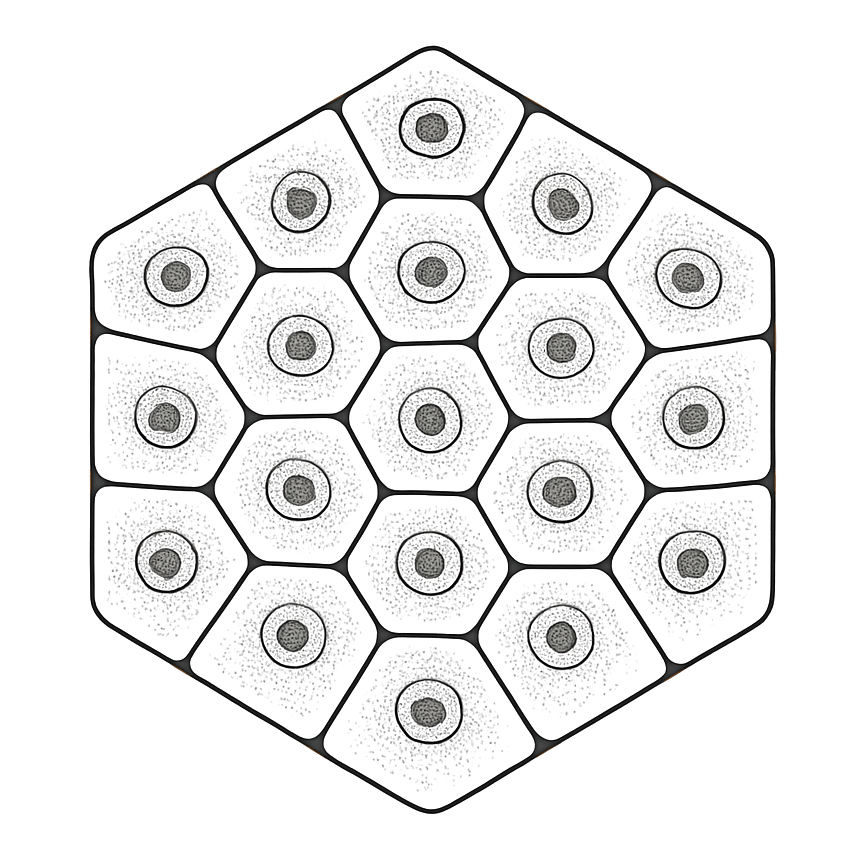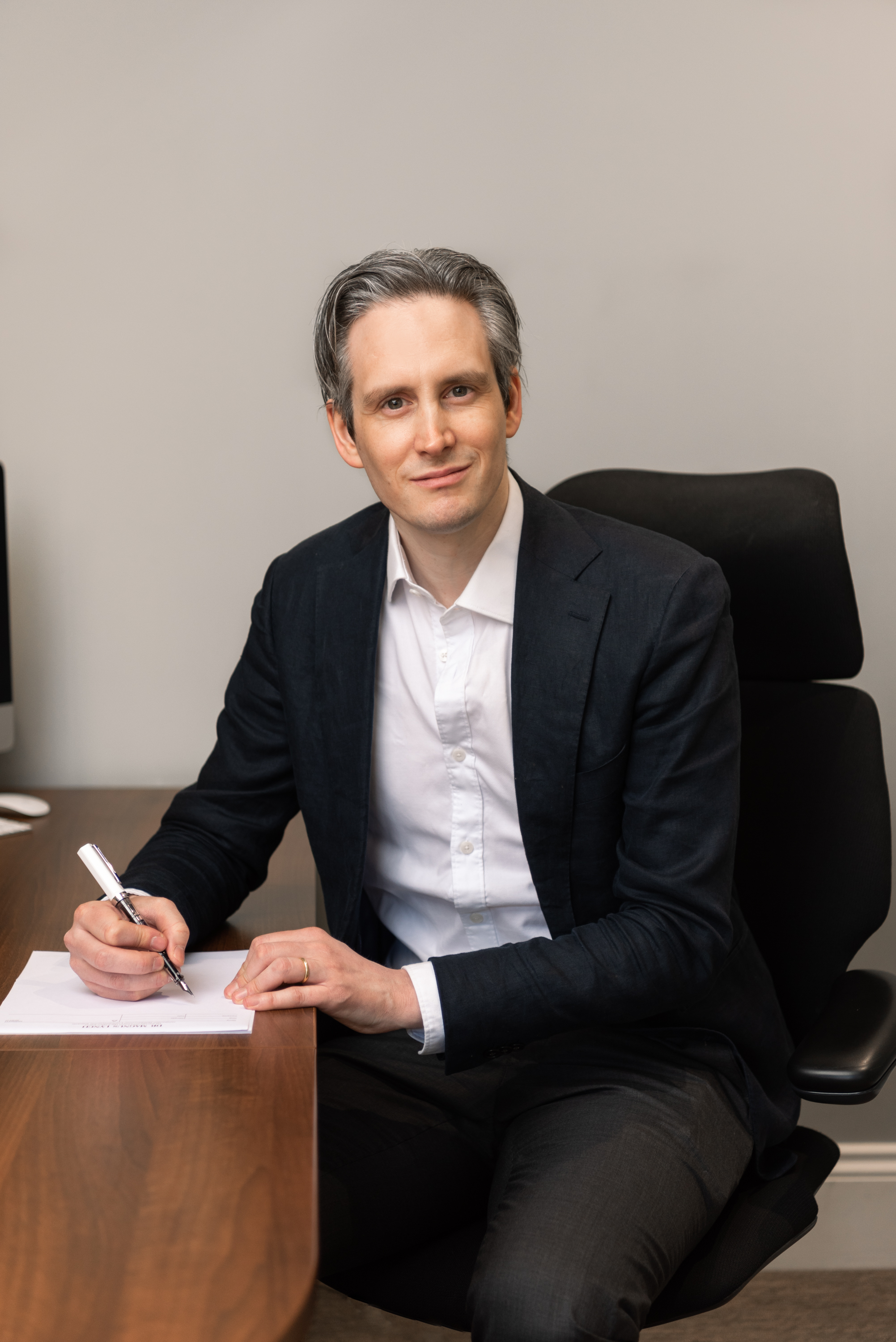How are antibiotics used to treat acne?

Bacteria, such as Propionibacterium acnes, that are naturally present on the human skin, contribute to the formation of acne lesions (see our post on the causes of acne). Antibiotics are effective treatments for acne and are believed to work both by reducing the quantity of bacteria on the skin surface and thorugh additional anti-inflammatory effects.
Antibiotics can be used topically (directly on the skin as creams, gels or ointments). Antibiotics used in this way include erythromycin (for example Zineryt) and clindamycin (for example duac gel or dalacin T). Duac is a combination treatment that also contains benzoyl peroxide.
Antibiotic tablets will usually be taken for a course of a few months of treatment. The most common are tetracyclines, for example, lymecycline are usually well tolerated. Other antibiotics that can be used include erythromycin or trimethoprim. Antibiotic tablets can be very effective treatments for mild or moderate acne, however acne can recur when they are discontinued.
Related Articles
- When do I need tablet treatments for my acne?
- How do you know what the right treatment is for your acne?
- What topical treatments are available for acne?
How I can help
My NHS practice is at Guy's Hospital. I consult with private patients at several well-appointed and conveniently located sites across central London:
- London Bridge Hospital: Conveniently situated within The Shard, next to London Bridge station.
- Skin55 Ltd: Located at 55 Harley Street, this beautiful Edwardian building houses one of the largest private dermatology facilities in the UK with a comprehensive laser suite.
- OneWelbeck: Located close to Bond Street underground station. Mohs surgery, lasers, and other skin surgeries are performed in the state-of-the-art surgical suite here.
A new consultation is £250, a follow up consultation is £220. For more information on fees, please visit Prices.

